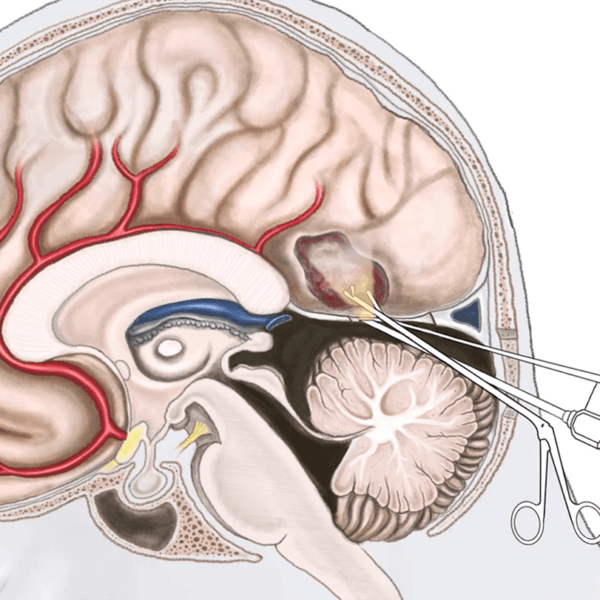Intraventricular Tumor Surgery
India
-
Our Price USD 4950
-
Hospital Price USD 5500
-
You Save : USD 550
Booking Amount: USD 495. Pay Remaining 90% at the hospital.
Book NowAdditional Credit
Among the important extras we offer as part of the Additional Credit are the following:
-
Site Tourism For The Patient & Attendant
-
Airport Pick & Drop Service
-
Ambulance service at airport
-
Priority appointments with The Doctor
-
Cancel Easily Anytime with Full Refund
-
Room Upgradation
-
Free Online Doctor Consultation Valued at USD 20
-
Free hotel Stay for 5 to 7 days Accordingly
-
Welcome Kit at Arrival
-
Interpreter
-
Medical Visa Assistance
What is Included?
- Doctor consultation charges
- Lab tests and diagnostic charges
- Room charges inside hospital during the procedure
- Surgeon Fee
- Cost of implant
- Nursing charges
- Hospital surgery suite charges
- Anesthesia charges
- Routine medicines and routine consumables (bandages, dressings etc.)
- Food and Beverages inside hospital stay for patient and one attendant.
What is not Included?
- Extra Radiology Investigations
- Healthcare Professionals Charges of other consultations.
- Other Requested Services such as Laundry etc.
- Additional Pharmaceutical Products and Medicines After Discharge from Hospital.
- Management of Conditions Unrelated to Procedures or Pre-Existing.
- The cost of any additional implants will be in addition to the package cost.
Package Description
Intraventricular Tumor Surgery:
Intraventricular tumours are surgically removed to relieve pressure caused by a blockage in the flow of cerebrospinal fluid. For tumours in the ventricles (fluid gaps) or deep-seated cancers in the brain material, Neuroendoport surgery is a minimally invasive option.
A neurosurgeon cuts a hole in the skull to remove a brain tumour. A craniotomy is the name for this procedure. The surgeon tries to remove the entire tumour whenever feasible. Your doctor may remove as much of the tumour as feasible if it cannot be entirely removed without causing damage to important brain tissue.
Disease Overview:
Intraventricular Tumors
There are numerous ventricles, or chambers, in the brain that are filled with cerebrospinal fluid, a transparent liquid. The cerebrospinal fluid, which surrounds the brain and spinal cord, aids with brain support and cushioning. Intraventricular tumours are tumours that develop in the ventricles and can emerge from a number of cells in the area. The tumours might be astrocytomas, which form from brain supporting cells; meningiomas, which arise from the brain's protective covering; ependymomas, which arise from the ventricle linings; colloid cysts and craniopharyngiomas, which arise from developing cells; or other brain cancers. Intraventricular tumours account for 10% of all cancers in the central nervous system.
Disease Signs and Symptoms:
Different glial cells in the brain give rise to intraventricular tumours. If they grow in the ventricles, meningiomas, colloid cysts, craniopharyngiomas, astrocytomas, and ependymoms can all be intraventicular tumours.
Gene mutations (changes) or abnormalities can cause cells in the brain to grow out of control, resulting in a tumour. Exposure to substantial levels of radiation from X-rays or past cancer treatment is the only known environmental cause of brain tumours.
Symptoms that are common
- Headache.
- Confusion.
- Speech, eyesight, or memory issues are all possible causes.
- The person's personality evolves.
- Arms and/or legs are numb or have lost feeling.
- Seizures.
Disease Causes:
Intraventricular tumours are particularly dangerous because they frequently block the passage of cerebrospinal fluid. Obstructive hydrocephalus is a condition in which the flow of cerebrospinal fluid is obstructed. The volume of fluid in the ventricle swells in persons with hydrocephalus, putting pressure on surrounding brain tissue and causing headaches, nausea, mental status decline, visual abnormalities, and death. Seizures, paralysis or numbness in the limbs, impairments in language function, progressive changes in mood or personality, and memory loss are all possible signs of intraventricular tumours, depending on their location.
Disease Diagnosis:
Intraventricular tumours are diagnosed mostly by imaging tests. Magnetic resonance imaging (MRI) is now the best imaging modality available. CT scans are often employed, particularly to determine the presence of hydrocephalus. In both studies, a chemical that creates image contrast is given intravenously so that neurological surgeons can see the tumour against the normal brain in the backdrop. Neurosurgeons may use an MRI scan with frameless stereotactic guidance in some circumstances. After specific markers (called fiducials) are implanted on the patient's scalp, a contrast MRI is done for this investigation. A computer processes the fiducials, calculating the tumor's position and creating a three-dimensional reconstruction.
This picture is then used during surgery to assist in accurately locating the tumour, maximising tumour removal, and minimising harm to the adjacent brain.
Disease Treatment:
The relief of the pressure induced by the restriction in cerebrospinal fluid flow is frequently the first step in traditional treatment for intraventricular tumours. The main therapy for brain tumours is surgical tumour removal, which can both ease the pressure and remove the impediment. Excess fluid may need to be evacuated before surgery in rare circumstances. A shunt, an implanted conduit that permits excess fluid to drain to other areas of the brain or the body, can be used to accomplish this. For numerous reasons, endoscopic surgery, in which equipment and cameras are handled through tubes placed through a tiny incision, is beneficial for intraventricular malignancies. Because cerebrospinal fluid is transparent, surgeons may easily see the tumour using an implanted camera.
Also, because these tumours can emerge from a variety of cells, a tissue biopsy is frequently required; this can be done with endoscopic surgery without the need for a craniotomy. Finally, traditional surgical procedures may have difficulty reaching intraventricular tumours, a limitation that does not apply to endoscopic surgery.
A biopsy collected before or after surgery will be studied under a microscope to assess the tumour kind and malignancy, as well as to choose the best course of action. Patients may get radiation treatment, chemotherapy, or both after surgery. In addition, stereotactic radiosurgery, which uses a highly concentrated beam of radiation to target cancer cells directly while leaving the surrounding brain unharmed, may be a viable treatment for some smaller tumours.
Information related to Treatment
Package Details
Days in Hospital
7 Days
Days in Hotel
*
14 Days
Room Type
Private
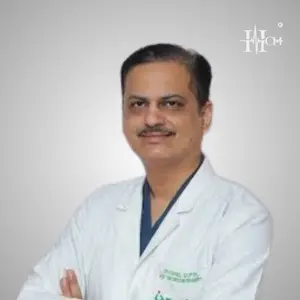
Treating Doctor
Dr Rahul Gupta
Neuro surgeon- Spine Surgery, Brain Tumour Surgery, Endovascular Neurosurgeon, microscopic surgery, Meningiomas, Craniopharyngioma, Brain Tumor Surgery, Cranio Vertebral anomalies, Intraventricular Tumour Surgery, Skull Base Anterior Surgery, Pituitary Adenoma including endonasal, Endoscopic Acoustic Schwanomas, CSF rhinorrhia, Cerebrovascular Neurosurgery
Fortis Hospital Noida Noida, India
27 Years of Experience
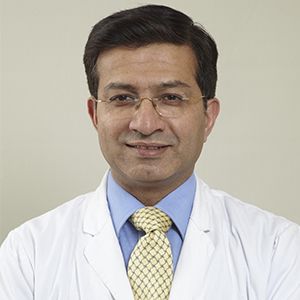
Treating Doctor
Prof. (Col.) Dr. Bipin Walia
Neuro surgeon- Spine Surgery, Brain Tumour Surgery, Minimally Invasive Spine Surgery, Kyphoplasty, Brain suite, Laminectomy, Traumatic brain injury (tbi) treatment, Cervical Disc Replacement
Max Super Speciality Hospital New Delhi, India
26 Years of Experience
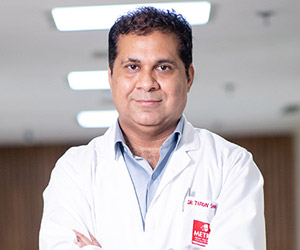
Treating Doctor
Dr Tarun Sharma
Neuro surgeon,Spine Surgeon- Peripheral nerve, Pediatric neurosurgery, Epileptic Surgery, Vagus nerve stimulation (VNS) therapy, Dural arteriovenous fistulas (DAVFs) of the brain and spinal cord, Foot Drop, Foot Drop Spinal Surgery, Petrosal Sinus Sampling
Metro Hospital (Heart Institute with Multispeciality) Faridabad, India
18 Years of Experience
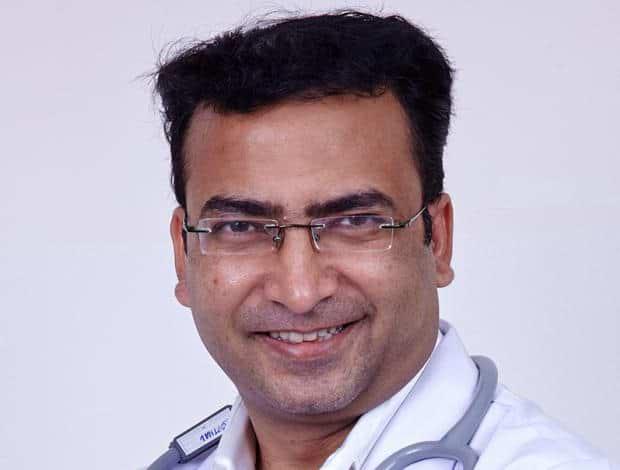
Treating Doctor
Dr. Praveen Gupta
Neurologist- Stroke Intervention, Stroke Rehabilitation, Celebral Palsy, Advanced Second line management for multiple scleoris, Epileptic Surgery, DBS Surgery
Fortis Memorial Research Institute Gurgaon, India
18 Years of Experience
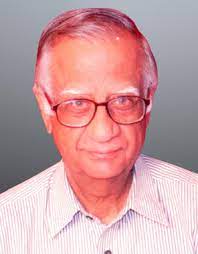
Treating Doctor
Dr. Ravi Bhatia
Neuro surgeon- Neuro Oncology, Craniovertebral Junction (CVJ) Anomalies, Brain and Spine Tumors, Celebrovasculkar Surgey
Indraprastha Apollo Hospitals, New Delhi New Delhi, India
60 Years of Experience
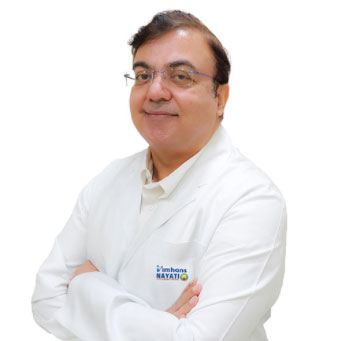
Treating Doctor
Dr. Shamsher Dwivedee
Neurologist- Alzheimer Specialist, Epilepsy Disorder, Stroke Specialist, Headache Specialist, Sleep Disorder, Parkinson's Disease, Dementias, Neuromuscular Disorders
Vimhans Nayati Super Speciality Hospital New Delhi, India
33 Years of Experience
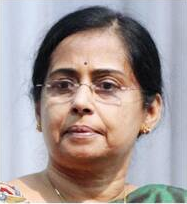
Treating Doctor
Dr. Asha Kishore
Neurologist- Ankle surgery, Knee Replacement, Hip resurfacing with computer navigation, Anthroscopic Meniscus Surgery, ACL Reconstruction Procedure
Aster Medcity, Kochi Cochin, India
31 Years of Experience
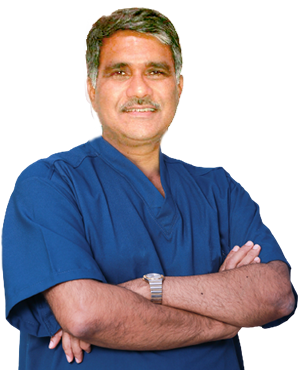
Treating Doctor
Dr. L. N. Tripathy
Neuro surgeon- Traumatic Brain Injury, Spinal Cord Injury, Microsurgery, Aneurysm Specialist, Functional Neurosurgery, Spinal Fusion, Degenerative Spine Disorder
Medica Superspeciality Hospitals, Kolkata Kolkata, India
35 Years of Experience
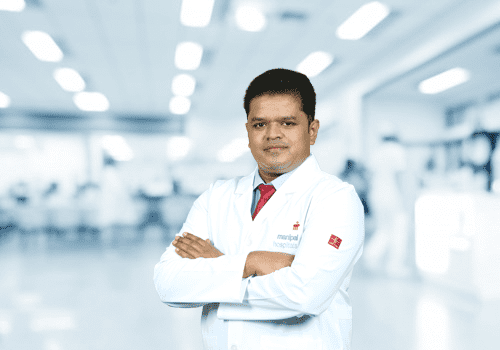
Treating Doctor
Dr. Vinayaka.M
Neuro surgeon- Pain Management, Pain Management, Hand surgery, Pain Management, Spinal Injuries, Hand surgery, Head and Neck Tumor / Cancer Surgery, Brain Tumor, Movement disorder, Brain Surgery and Brain Aneursym Surgery, Brain Tumor, Spinal Tumor, Peripheral Nerve Surgery, Hydrocephalus, Pain Management, Herniated Disc, Cervical Spondylitis, Pain Management, Steriotactic radiosurgery, Herniated Disc, Cervical Spondylitis, Head and Neck Tumor / Cancer Surgery
Manipal Hospital Varthur Road formerly Columbia Asia Bangalore Bengaluru, India
6 Years of Experience
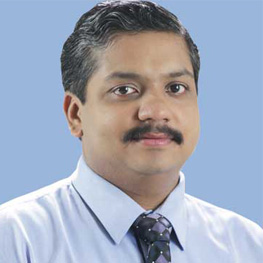
Treating Doctor
Dr. Jagath Lal Gangadharan
Neuro surgeon- Neurotrauma, Neuro Oncology, Skull Base Surgery, Minimal access surgery (Key hole surgery), Stereotactic Radiosurgery (SRS), Minimal Invasive Brain & Spine Surgery, Brain Surgery and Brain Aneursym Surgery, Neuroendoscopy, Vascular neurosurgery, Arteriovenous malformations (AVMs)
Rajagiri Hospitals, Kochi Cochin, India
25 Years of Experience

